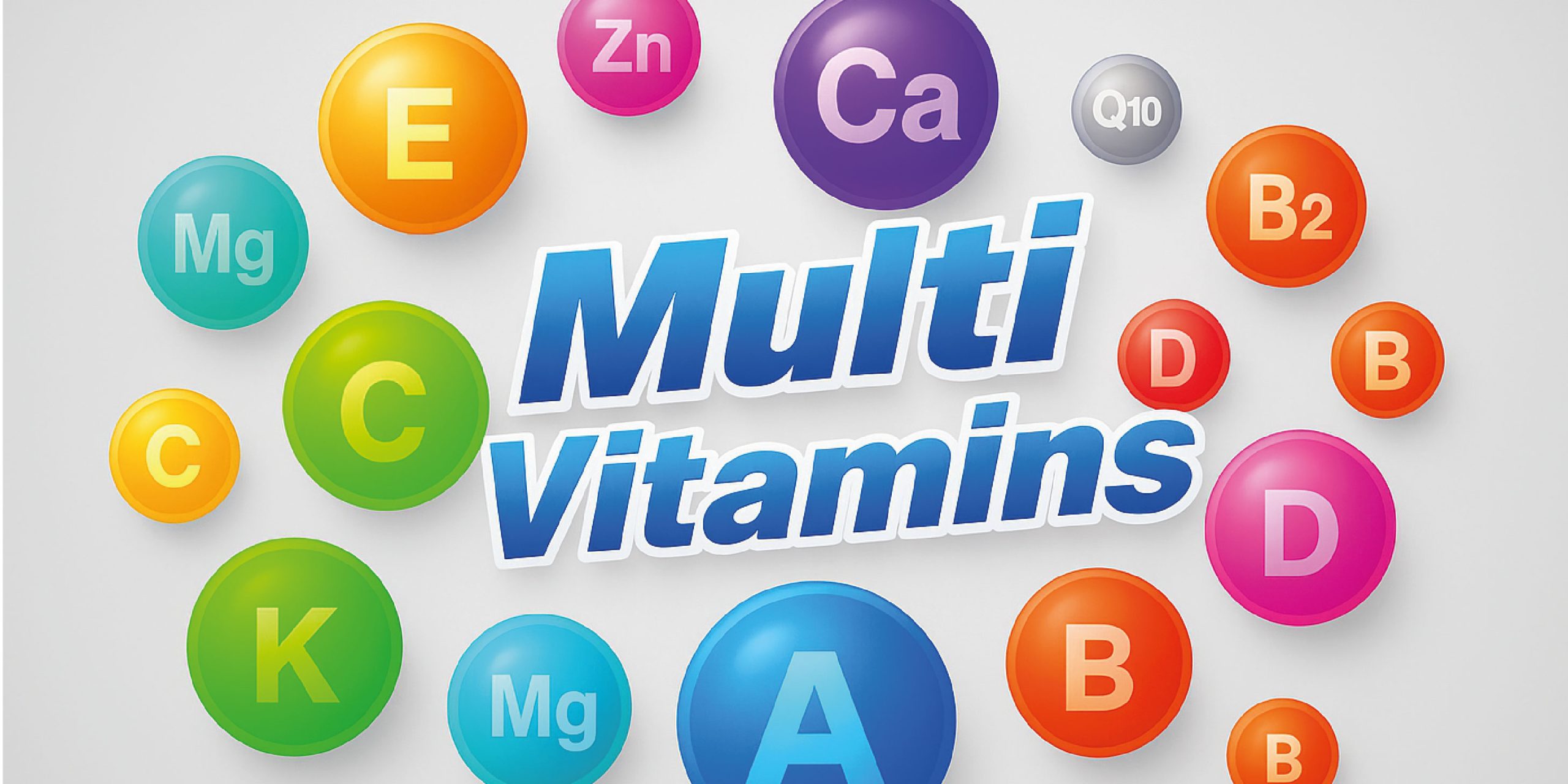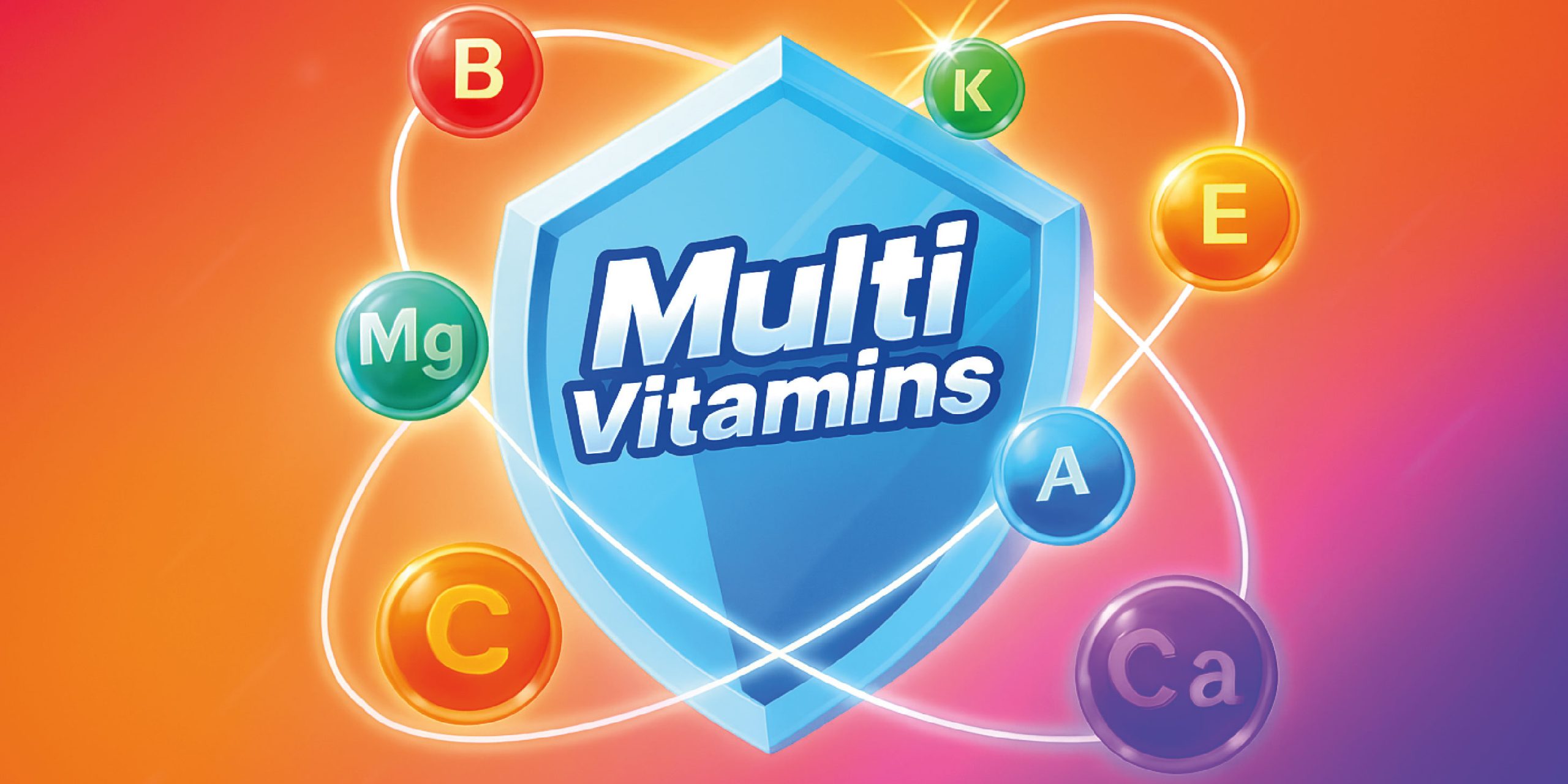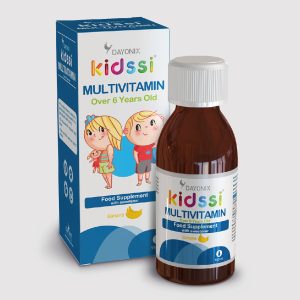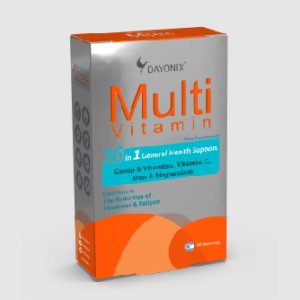Why Multivitamins Matter: Benefits for a Healthier Life

Multivitamins have become a popular choice for many people seeking to support their overall health and well-being. In an era of busy lifestyles and sometimes inadequate diets, understanding why multivitamins matter can help individuals make informed decisions about their nutritional needs. This article explores the essential benefits of multivitamins, clarifies their role in filling nutritional gaps, and offers guidance on who may gain the most from their use. Whether you maintain a balanced diet or face unique lifestyle challenges, learning about multivitamins can be key to fostering a healthier life.
What Are Multivitamins and Why Do They Matter?

Multivitamins are dietary supplements that combine various vitamins and minerals to help fill nutritional gaps in the diet. They come in different forms—such as pills, capsules, or liquids—and are tailored to meet the needs of specific groups, including children, women, men, or older adults. Some multivitamins also contain extra ingredients like fatty acids, amino acids, enzymes, probiotics, herbs, or plant extracts to further support health and well-being.
Nutritional deficiencies can lead to serious health problems, including developmental delays, loss of various body functions, and several other diseases. Beyond health, these deficiencies also have long-term consequences on economic productivity. One of the most effective ways to address micronutrient deficiencies is through dietary supplementation. Supplements help increase the intake of under-consumed nutrients in a population, effectively filling nutritional gaps and supporting overall health.
Are Multivitamins Necessary When You Have a Balanced Diet?

While a balanced diet remains the best source of nutrients, many people fall short of meeting all micronutrient needs due to lifestyle, age, or health conditions.
Multivitamins aim to prevent or correct micronutrient deficiencies or to support the proper intake of nutrients when the diet alone is not enough to provide them. However, for individuals who have a healthy, balanced diet that includes all major food groups in the sufficient amounts, multivitamins are unlikely to provide additional health benefits. In some cases, taking multivitamins can lead people to consume too much of certain vitamins or minerals—more than what is considered safe, which can cause harmful side effects or health problems.
The Role of Multivitamins in Filling the Nutritional Gaps

Many people struggle to get all the essential vitamins and minerals they need from diet alone. That’s where multivitamin and multimineral supplements come in. Mineral and vitamin supplements are the most frequently used kinds of dietary supplementation worldwide. Multiple research studies have shown that taking these supplements is linked to higher overall micronutrient intake, helping to fill nutritional gaps and improve nutrient adequacy in various populations.
Compared to relying solely on food, multivitamin and multimineral supplements have been found to reduce the risk of deficiencies in important “shortfall” nutrients such as iron, magnesium, calcium, and vitamins A, C, D, and E.
Who Benefits Most from Multivitamins?

People who might benefit from taking certain nutrients found in multivitamins include the following:
- Women who could become pregnant
- Pregnant women
- Infants and children
- Adults age 50 and older
- People who avoid certain foods or have poor diets
According to this category, the Centers for Disease Control and Prevention (CDC) recommends that women who are capable of becoming pregnant consume 400 mcg of folic acid daily from fortified foods, dietary supplements, or both. This crucial intake helps reduce the risk of neural tube defects during pregnancy. The American College of Obstetricians and Gynecologists advises pregnant women to take a daily prenatal vitamin. Dietary Guidelines for Americans highlight that this practice may be necessary to meet the needs for folate or folic acid, iron, iodine, and vitamin D during pregnancy.
Infants, especially those who are exclusively or partially breastfed, require vitamin D supplements since breast milk provides limited amounts of this vital nutrient. Young children beyond 12 months may also need vitamin D supplementation to ensure adequate intake when food sources fall short. Multivitamins are not just beneficial for infants and pregnant women. Research shows they can also support cognitive function in older adults. Additionally, individuals on low-calorie diets, avoid certain foods such as strict vegetarians or vegans, and those with medical conditions that affect nutrient absorption may gain health benefits from taking multivitamins.
While multivitamins can help fill nutritional gaps, it’s important to remember they should complement a varied and healthy diet, not replace it.
Read more at Unlocking the Power of Food Supplements: Who Needs Them and Why?
Choosing the Right Multivitamin

When picking a multivitamin, consider formulas tailored for your age, gender, and life stage—like prenatal, senior, or performance blends. Multivitamins for older adults (sometimes called senior or 50+ formulations), for example, often contain little or no iron and more calcium, vitamin D, and vitamin B12 than multivitamins for younger adults. Prenatal supplements generally provide no vitamin A in the form of retinol, and most children’s multivitamins provide age-appropriate amounts of nutrients.
Safe and Effective Use of Multivitamins: What You Should Know

Stick to recommended dosages: Most multivitamins are safe when used as directed, but high doses of certain vitamins can pose risks.
Watch for drug interactions: It’s important to avoid megadoses and consider interactions with medications.
Don’t rely solely on supplements: Multivitamins should complement, not replace, healthy lifestyle practices.
Consult with a healthcare professional before starting, particularly if you have preexisting conditions or are on medication.
Conclusion
Multivitamins offer a convenient way to support overall health, especially for those with increased nutrient needs or dietary gaps. While they are not a substitute for a balanced, nutrient-dense diet, supplementing with the right multivitamin can contribute to improved energy, immune function, and cognitive health—helping you lead a healthier, more vibrant life. Supplements should complement—not replace—whole foods, and choices should be guided by your unique age, lifestyle, and health needs. Making informed decisions, with guidance from healthcare professionals, ensures the safe and effective use of multivitamins as part of a holistic approach to wellness.
Ready to take charge of your health? Explore our wide range of high-quality multivitamins designed to fill nutritional gaps and support your unique lifestyle needs. Don’t wait—discover the right supplement to help you live a healthier, more vibrant life today!
References
- https://www.eufic.org/en/vitamins-and-minerals/article//multivitamins-benefits-risks-for-health/
- Kiani AK, Dhuli K, Donato K, Aquilanti B, Velluti V, Matera G, Iaconelli A, Connelly ST, Bellinato F, Gisondi P, Bertelli M. Main nutritional deficiencies. Journal of preventive medicine and hygiene. 2022 Oct 17;63(2 Suppl 3):E93.
- https://www.webmd.com/diet/what-is-a-balanced-diet
- https://ods.od.nih.gov/factsheets/MVMS-HealthProfessional/
- https://www.mayoclinichealthsystem.org/hometown-health/speaking-of-health/why-take-vitamin-and-mineral-supplements
- https://www.betterhealth.vic.gov.au/health/healthyliving/vitamin-and-mineral-supplements-what-to-know







